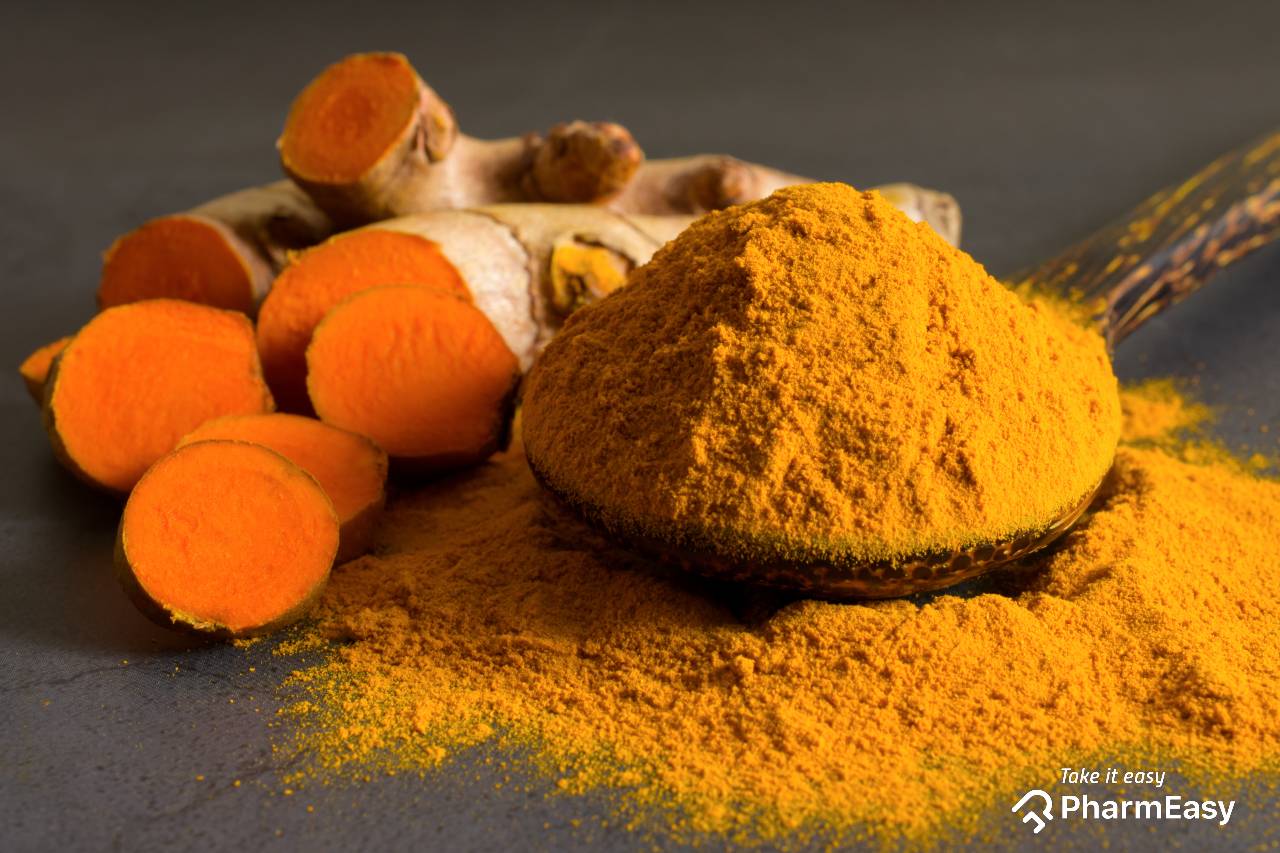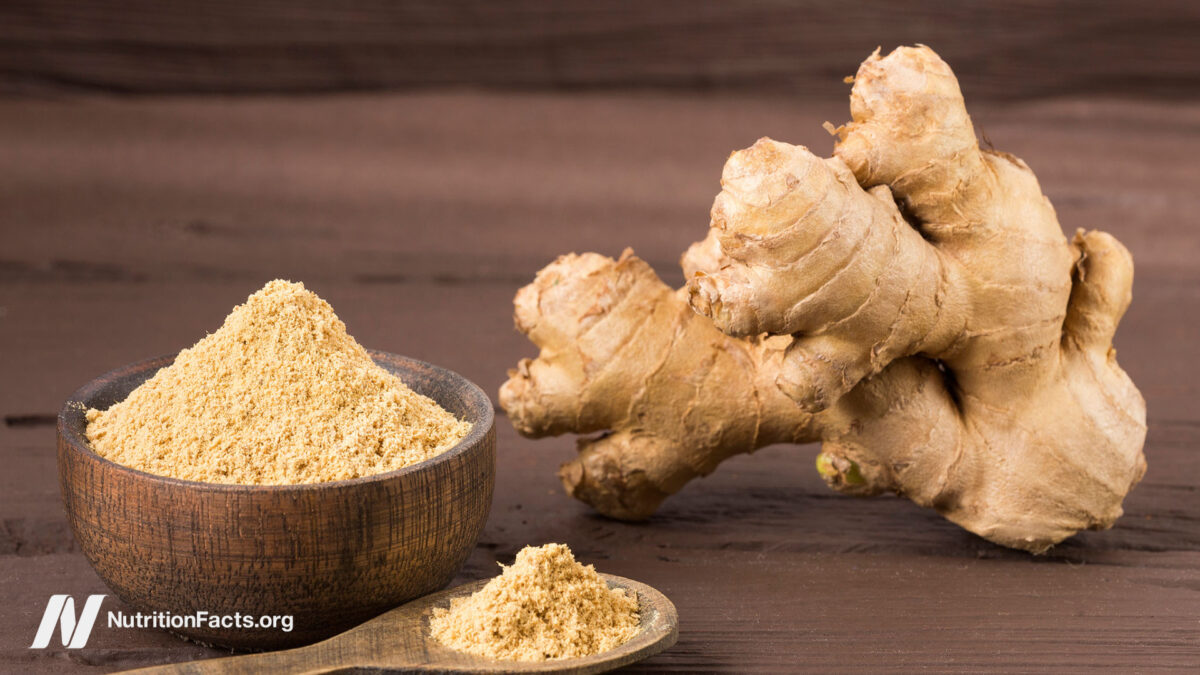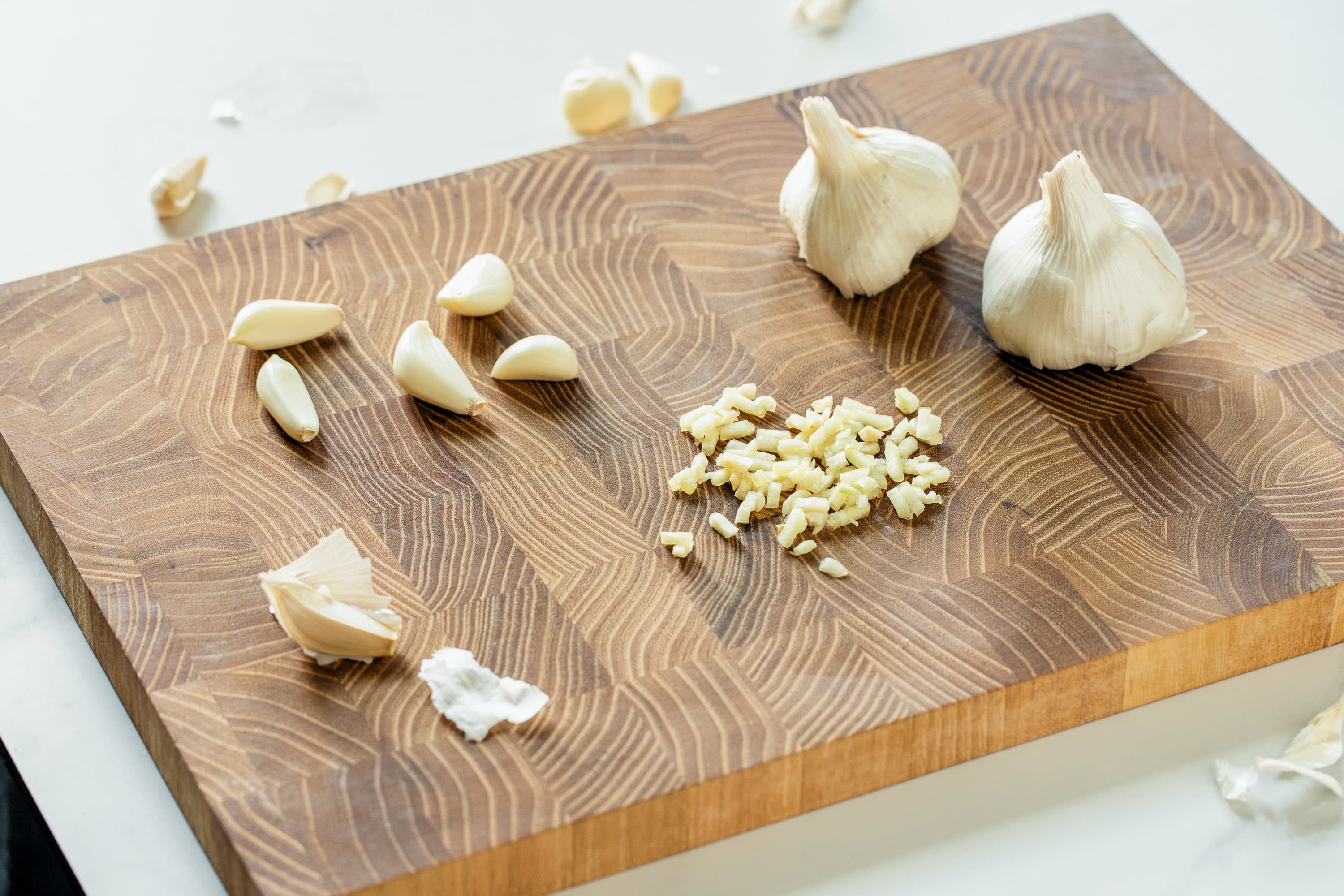Incorporating more herbs and spices into your diet can be a flavorful and effective strategy for preventing gout. Gout, a form of arthritis, is caused by the buildup of uric acid crystals in the joints, resulting in inflammation, swelling, and severe pain. By adding certain herbs and spices to your meals, you not only enhance the taste but also potentially benefit from their anti-inflammatory properties. In this article, we will explore five ways to incorporate more herbs and spices into your diet to help prevent gout and manage its symptoms effectively.
1, Use Turmeric.
Turmeric, a bright yellow spice commonly used in cooking, offers numerous health benefits due to its active compound called curcumin. Curcumin possesses anti-inflammatory and antioxidant properties that can support overall well-being. Here are some ways to incorporate turmeric into your diet:
Curries and Stews: Turmeric is a staple ingredient in many curry dishes and stews. Its warm and earthy flavor complements the aromatic spices commonly found in these dishes. Add a teaspoon or two of turmeric powder while cooking to infuse your meal with its health-boosting properties.
Roasted Vegetables: Sprinkle turmeric powder over roasted vegetables before baking them. The spice adds a vibrant color and enhances the flavor profile while providing its anti-inflammatory benefits. Try combining turmeric with other spices like cumin and paprika for a delicious blend.
Smoothies: For a nutritious and refreshing twist, incorporate turmeric into your smoothies. You can use fresh turmeric root or powdered turmeric. Blend it with fruits, vegetables, yogurt, and a liquid of your choice to create a flavorful and healthful smoothie. Pairing turmeric with ingredients like ginger, pineapple, or mango can yield a delightful combination.
Golden Milk: Golden milk, also known as turmeric latte, is a popular beverage in many cultures. It combines turmeric with warm milk (dairy or plant-based), a sweetener like honey or maple syrup, and optional spices such as cinnamon and black pepper. This soothing drink can be enjoyed as a relaxing bedtime ritual or a comforting beverage during the day.
Salad Dressings and Sauces: Turmeric can be incorporated into homemade salad dressings or sauces. Combine it with other ingredients such as olive oil, lemon juice, garlic, and honey to create a flavorful and nutritious dressing to drizzle over your salads or use as a marinade for grilled proteins.
Remember, to enhance the absorption of curcumin, it is beneficial to consume turmeric with black pepper or healthy fats like olive oil or coconut milk. Additionally, if you have any specific health concerns or conditions, it is advisable to consult with a healthcare professional before making significant dietary changes.
2, Experiment with Ginger.
Ginger, a versatile and aromatic root, offers not only a distinct flavor but also several health benefits, including its anti-inflammatory properties. It can be a valuable addition to your diet, especially for gout prevention. Here are some ways to experiment with ginger:
Stir-Fries: Add freshly grated or sliced ginger to your stir-fries for a zesty kick and added health benefits. The heat of the stir-fry will release the flavors of the ginger, infusing the dish with its aromatic essence.
Soups: Ginger can lend a delightful flavor to soups. Whether you're making a vegetable soup, chicken noodle soup, or even a creamy butternut squash soup, adding a few slices of ginger can elevate the taste and offer potential anti-inflammatory benefits.
Marinades: Create flavorful and tenderizing marinades by incorporating ginger. Combine grated ginger with ingredients such as soy sauce, garlic, lime juice, and a touch of honey for a tangy and aromatic marinade that can be used for chicken, fish, or tofu.
Teas and Infused Water: For a refreshing and soothing drink, grate ginger into a cup of hot water and let it steep for a few minutes. You can add a squeeze of lemon and a drizzle of honey for additional flavor. Alternatively, you can infuse cold water with ginger slices, along with lemon or cucumber, for a refreshing twist.
Baked Goods: Get creative and experiment with ginger in your baked goods. Ginger cookies, gingerbread, or even adding ginger to muffins or cakes can provide a delightful spiciness. Ground ginger powder or finely grated fresh ginger can be used, depending on your preference.
When using ginger, start with small amounts and adjust according to your taste preferences. Keep in mind that the potency of ginger can vary, so it's a good idea to taste as you go.
While ginger can be beneficial for gout prevention due to its anti-inflammatory properties, it's important to note that individual responses may vary. If you have specific health concerns or conditions, it is advisable to consult with a healthcare professional for personalized advice.
3, Sprinkle Cinnamon.
Cinnamon is a versatile spice that adds a warm and comforting flavor to various dishes. In addition to its delicious taste, cinnamon possesses anti-inflammatory properties and can be a beneficial addition to your diet. Here are some ways to sprinkle cinnamon into your meals:
Oatmeal and Cereals: Sprinkle a dash of cinnamon on your oatmeal, granola, or cold cereals. The combination of cinnamon and oats creates a delightful and nutritious breakfast. You can also add sliced fruits or nuts for extra flavor and texture.
Yogurt and Smoothies: Mix cinnamon into plain yogurt or Greek yogurt to enhance its taste and add anti-inflammatory benefits. You can also sprinkle cinnamon on top of fruit salads or blend it into smoothies for a fragrant twist.
Baked Goods: Cinnamon is a classic ingredient in many baking recipes. Incorporate it into muffins, bread, cookies, or granola bars for a comforting aroma and taste. Cinnamon pairs well with ingredients like apples, bananas, and pumpkin, creating delicious combinations.
Hot Beverages: Add a pinch of cinnamon to your hot beverages like coffee, hot chocolate, or tea. It can enhance the flavor profile and provide a warm and cozy sensation.
Roasted Vegetables: Sprinkle cinnamon on roasted sweet potatoes, butternut squash, or carrots to give them a unique and delightful twist. The combination of the natural sweetness of the vegetables and the warmth of cinnamon creates a delectable flavor profile.
Remember, cinnamon can be quite potent, so it's best to start with a small amount and adjust to your taste preferences. Also, be mindful of the type of cinnamon you use. Ceylon cinnamon is considered to be the "true" cinnamon and has a milder and sweeter flavor compared to the more common cassia cinnamon.
Incorporating cinnamon into your meals can provide both flavor and potential health benefits. However, if you have any specific health conditions or concerns, it's always a good idea to consult with a healthcare professional for personalized advice.
4, Embrace Garlic.
Garlic, known for its distinct flavor and aroma, not only adds depth to dishes but also offers potential health benefits due to the compound allicin. Allicin is believed to possess anti-inflammatory properties, making garlic a valuable ingredient to embrace in your cooking. Here are some ways to incorporate fresh garlic into your meals:
Sauces and Dressings: Add minced or crushed garlic to your homemade sauces and dressings. Whether it's a tangy vinaigrette, a creamy garlic sauce, or a pesto, garlic can infuse them with a rich and savory taste. Combine garlic with ingredients like olive oil, lemon juice, herbs, and spices for a delightful blend.
Roasted Vegetables: Toss whole garlic cloves or minced garlic with your favorite vegetables before roasting them. As the vegetables cook, the garlic will become fragrant and impart a delicious flavor. Roasted garlic cloves can also be spread on bread or mashed into creamy dips.
Sautéed Dishes: Sauté minced garlic in olive oil or butter as a flavorful base for various dishes. Whether you're preparing stir-fries, pasta, or vegetable side dishes, garlic can enhance the taste and provide potential anti-inflammatory benefits.
Soups and Stews: Add finely chopped or crushed garlic to soups, stews, and chili recipes. Garlic can lend a robust flavor to these hearty dishes while offering potential health-boosting properties. It pairs well with ingredients like tomatoes, beans, and leafy greens.
Marinating Meats and Poultry: Create marinades by combining crushed garlic with herbs, spices, and a liquid of your choice, such as lemon juice or vinegar. Marinating meats or poultry with garlic-infused marinades can add flavor and potentially enhance the anti-inflammatory effects of your meal.
When using fresh garlic, it's best to crush or mince it and let it sit for a few minutes before cooking to allow the release of allicin. This compound is known to have greater health benefits when exposed to air.
Garlic is widely used in various cuisines and offers both flavor and potential anti-inflammatory effects. However, it's important to note that individual responses may vary. If you have specific health concerns or conditions, it's advisable to consult with a healthcare professional for personalized advice.
5, Add Herbs to Season.
Herbs are not only wonderful for adding flavor to your dishes but can also provide potential anti-inflammatory benefits. Here are some popular herbs and ways to incorporate them into your meals:
Parsley: Parsley is a versatile herb that adds freshness and a mild flavor to dishes. Use it as a garnish for soups, stews, and salads. You can also chop it finely and mix it into marinades or homemade sauces.
Basil: Basil is known for its aromatic and slightly sweet flavor. It pairs well with tomatoes, making it a key ingredient in many Italian dishes. Add fresh basil leaves to pasta sauces, pizzas, and bruschetta. You can also make a delicious pesto by blending basil with pine nuts, garlic, Parmesan cheese, and olive oil.
Oregano: Oregano offers a robust and earthy flavor, especially when dried. It is commonly used in Mediterranean and Mexican cuisines. Sprinkle dried oregano over roasted vegetables, grilled meats, or incorporate it into tomato-based sauces and dressings.
Rosemary: Rosemary has a distinct and pine-like flavor that complements roasted meats and vegetables. Use fresh rosemary sprigs to infuse flavor into roasted potatoes, chicken, lamb, or even homemade bread. You can also chop rosemary finely and mix it into marinades or rubs.
Thyme: Thyme has a subtle and slightly minty flavor that works well in a variety of dishes. It pairs nicely with roasted vegetables, grilled fish, poultry, and soups. Fresh thyme leaves can be added to stews and slow-cooked meals for added depth of flavor.
When using fresh herbs, add them towards the end of the cooking process to preserve their delicate flavors. If using dried herbs, it's best to add them earlier in the cooking process to allow their flavors to develop.
By incorporating herbs into your dishes, you not only enhance their taste but also potentially reap their anti-inflammatory benefits. However, it's important to note that individual responses may vary. If you have specific health concerns or conditions, it's advisable to consult with a healthcare professional for personalized advice.
Incorporating herbs and spices into your diet can be a delicious and beneficial approach to gout prevention. The anti-inflammatory properties of herbs like turmeric, ginger, and garlic, along with the flavorful impact of cinnamon and various other herbs, can provide relief from gout symptoms while adding depth and taste to your meals. Remember, it's important to combine these dietary adjustments with a holistic approach to managing gout, including maintaining a healthy weight, staying hydrated, avoiding excessive alcohol consumption, and following any specific recommendations from your healthcare provider. By embracing the power of herbs and spices, you can enhance your culinary experiences while taking steps toward a gout-free, healthier lifestyle.





Comments
Post a Comment